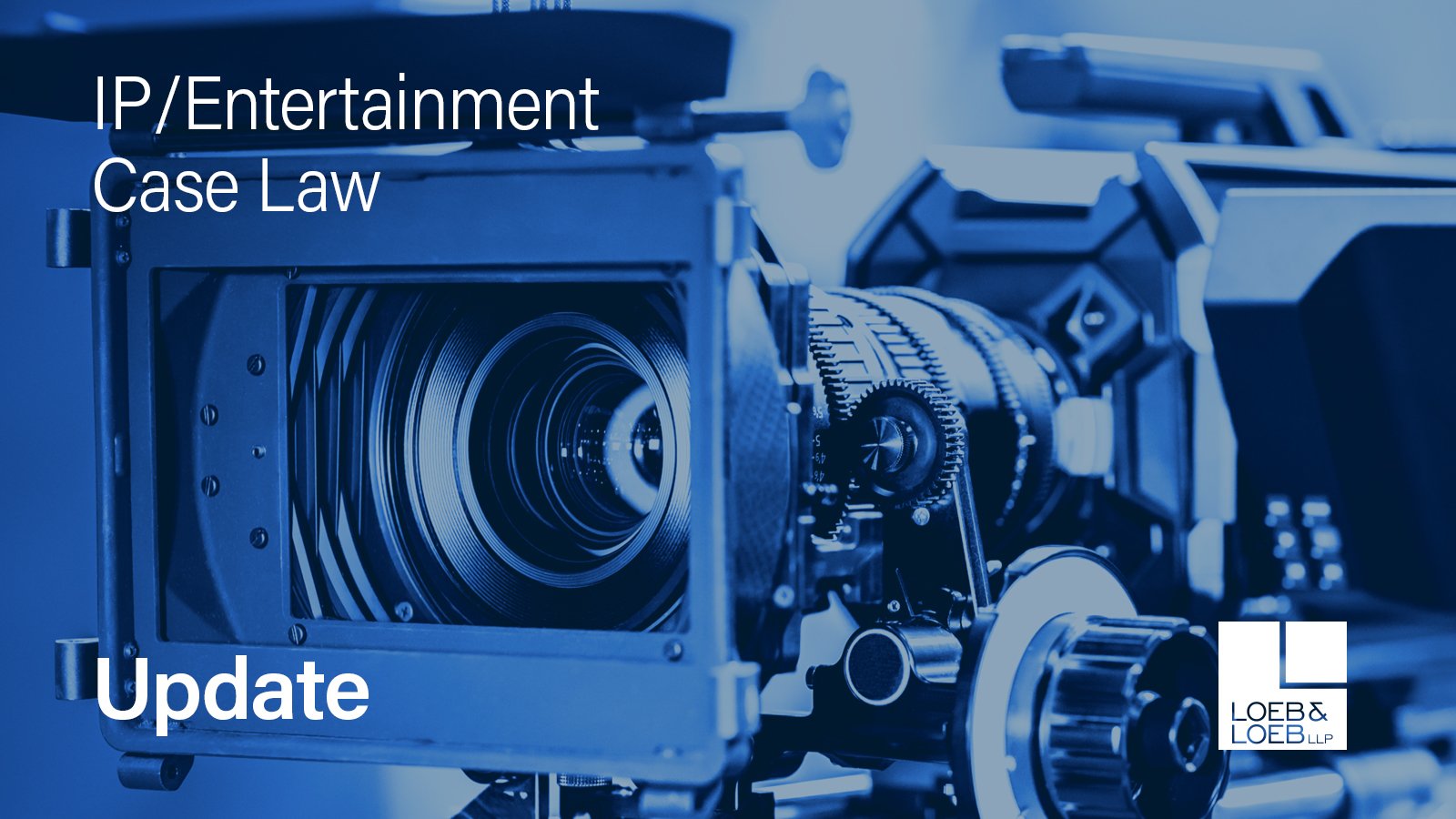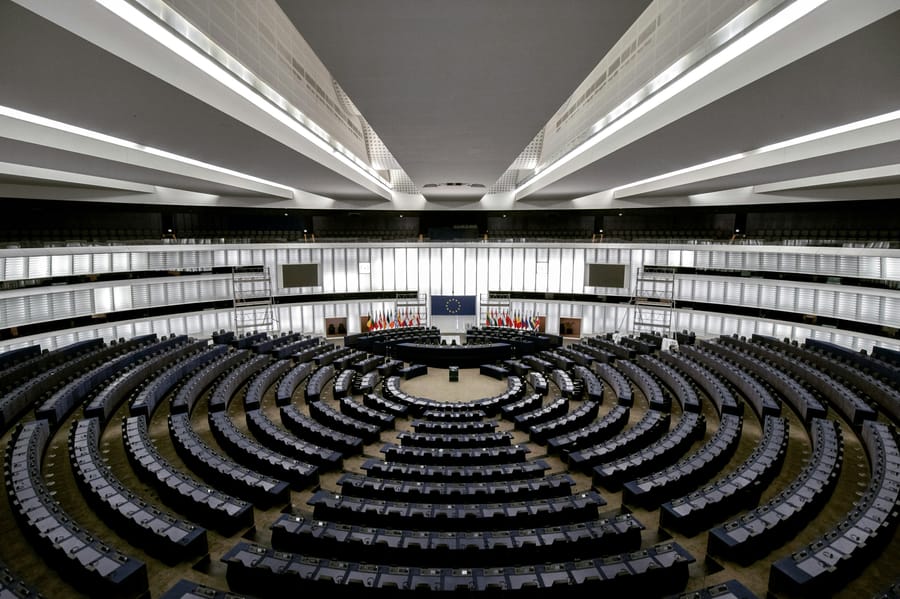According to court filings released on 14 February 2025, Meta suspended licensing negotiations with book publishers in April 2023 after most publishers showed little interest or lacked the necessary rights to provide AI training data. The newly submitted documents in the Kadrey v. Meta Platforms case—a class action lawsuit initiated in 2023 by authors Sarah Silverman, Richard Kadrey, and Christopher Golden—include testimony from Sy Choudhury, who leads Meta's AI partnership initiatives. Choudhury stated that, particularly with fiction book publishers, they did not have the rights to license the data, and engagement with publishers was "very slow".
The plaintiff authors, in their amended complaint, accuse Meta of using pirated e-books from "shadow libraries" to train several AI models, including its popular Llama series, allegedly obtaining some through torrenting. A court ruling on 20 November 2023 had already dismissed several of the plaintiffs' claims, including direct copyright infringement based on derivative work theory, vicarious copyright infringement, and violation of the Digital Millennium Copyright Act (DMCA). The court deemed "nonsensical" the assertion that the Llama software itself constituted a derivative work, emphasizing that the models were in no way a recasting or adaptation of the plaintiffs' books.
The authors' sole remaining claim is for direct infringement based on Meta's allegedly unauthorized copying of books when training Llama. The case is one of many such cases currently proceeding through the U.S. court system, where AI companies generally argue that training on copyrighted content qualifies as "fair use," while copyright holders vehemently disagree. Meta's challenges are particularly significant as the amended complaint also alleges that the company cross-referenced pirated books with copyrighted books available for license to determine whether pursuing a licensing agreement with a publisher made sense.
Sources:
1.

2.
3.











